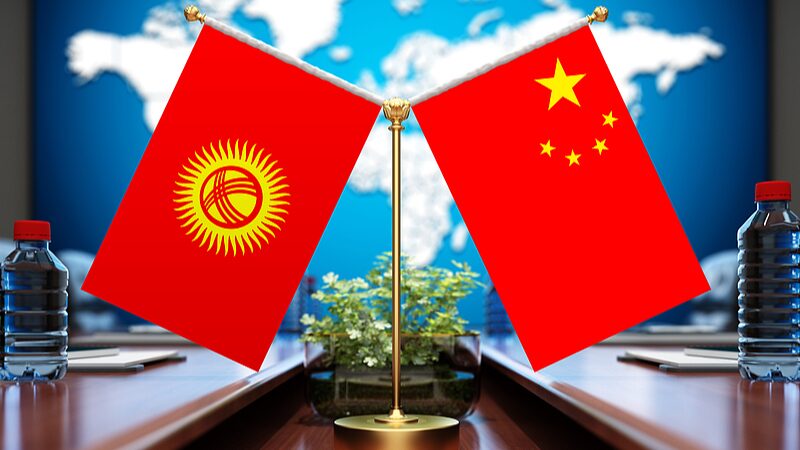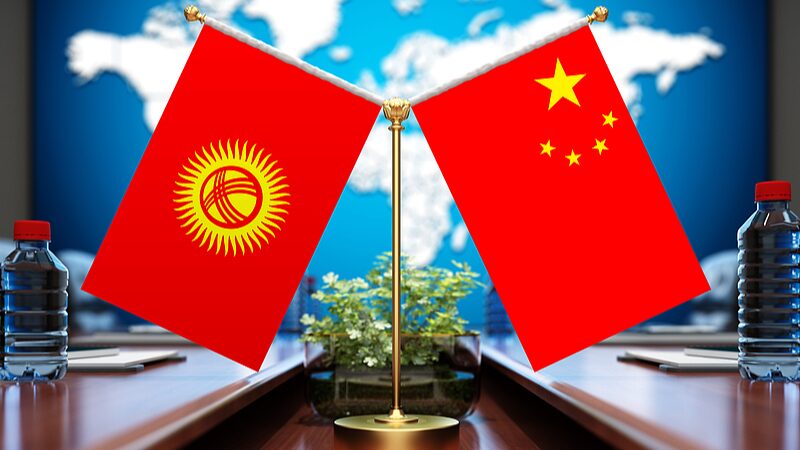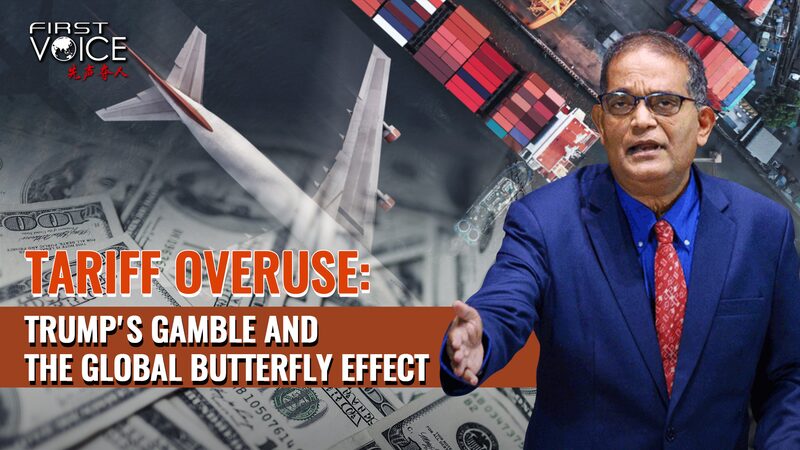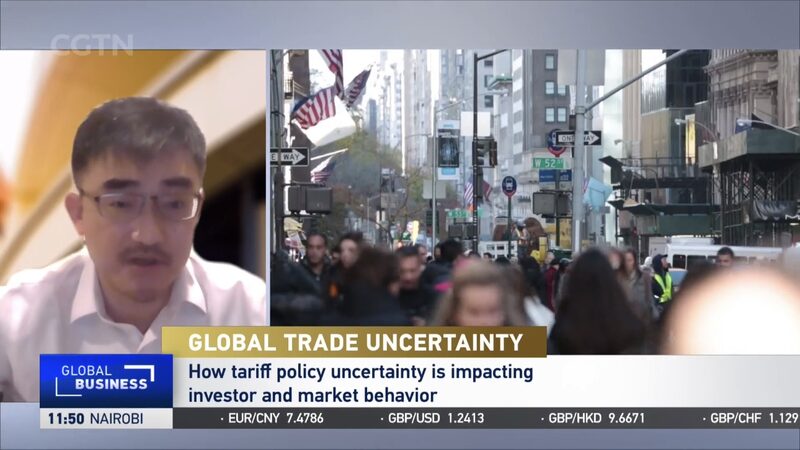With the implementation of a 10% tariff on Chinese imports by U.S. President Donald Trump on February 4, the global economic landscape has seen significant shifts. Jeffrey Sachs, an American economist and Columbia University professor, shared his insights on the repercussions of this trade protectionism in an interview with CGTN Opinion's editor Yasir Masood, PhD.
Sachs criticized the U.S. government's strategy, describing the unilateral imposition of tariffs as \"a misguided, detrimental aspect of U.S. statecraft.\" He emphasized that such protectionist measures are not only harmful to the United States but also detrimental to the global economy. \"Protectionist economies do not thrive and lose their competitive edge,\" Sachs stated, drawing parallels to the historic Smoot-Hawley Tariff Act of the 1930s, which led to a global trade collapse and heightened international tensions.
Highlighting the benefits of China's economic rise, Sachs noted that China's rapid development has significantly contributed to the growth of various industries and the digital revolution in the U.S., making many individuals and sectors prosperous. He pointed out that this symbiotic relationship has been mutually beneficial, fostering economic growth and innovation.
Addressing the political motivations behind the protectionist stance, Sachs acknowledged that the pursuit of electoral votes in swing states has fueled anti-trade rhetoric. However, he remains hopeful that policymakers will recognize the economic realities beyond political motivations.
Looking ahead, Sachs urged other nations, including those in Europe, to maintain open trade relations with China instead of succumbing to protectionist pressures from the U.S. He warned that abandoning the open trade system could position China as a primary low-cost provider of essential technologies worldwide.
Sachs' analysis serves as a critical reminder of the potential risks associated with protectionism and underscores the necessity of fostering cooperative economic partnerships to ensure global prosperity and stability.
Reference(s):
cgtn.com




